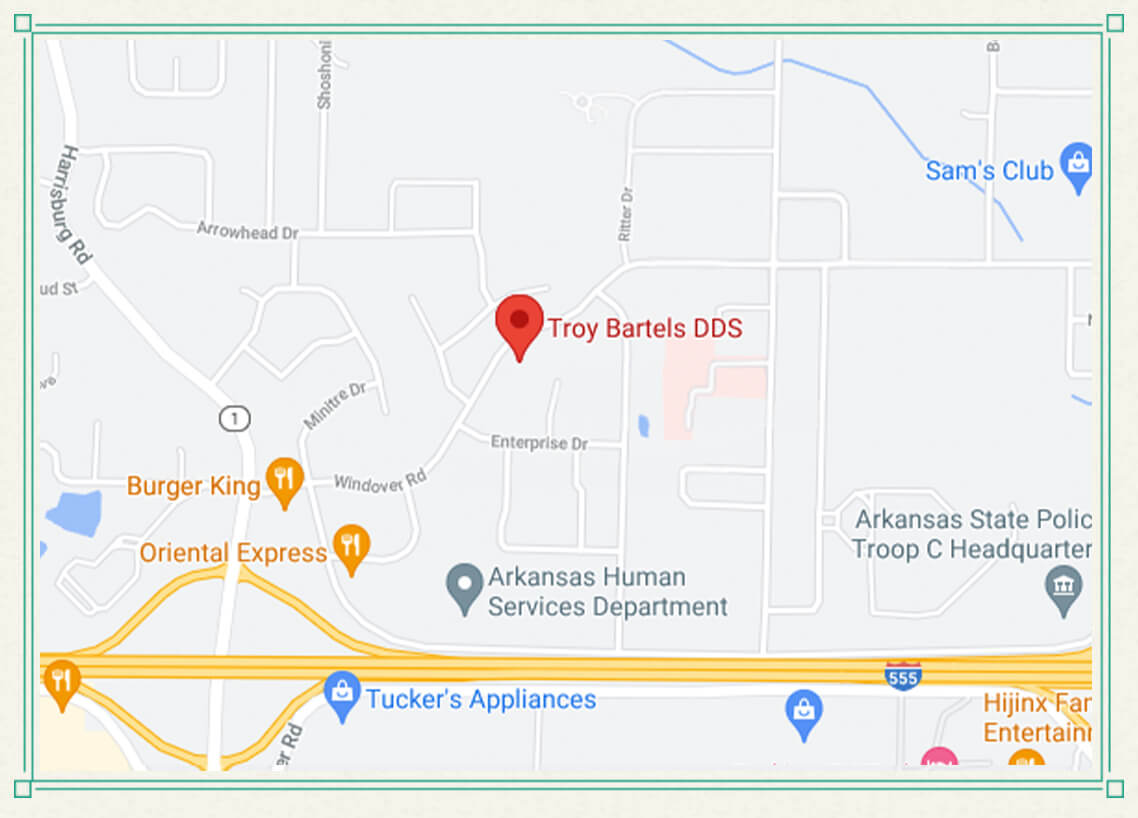Immediate Dentures are a great way to replace missing teeth without having to walk around with missing teeth while a denture is fabricated. Now that you have your immediate denture, here are some important things to note about aftercare and post-op instructions.
For the first 24 hours after your Immediate Denture procedure
1. Leave your denture in for the first 24 hours
When it comes to immediate denture aftercare, you must follow specific guidelines to ensure proper healing and adjustment. Leave your denture in for the first 24 hours after your extractions and denture insertion (unless we instruct you otherwise).
2. Eating and Drinking
Initially, stick to soft foods and avoid hard, sticky, or chewy items that could cause irritation to the healing extraction areas. If you need to, cut food into smaller pieces and chew slowly using both sides of your mouth evenly. Remember, your gums will need to heal after the procedure and you may find that the denture feels looser as the gums start to heal – this is perfectly normal. If the denture winds up being too lose, we can adjust the denture and/or reline it.
3. What about my stitches?
We will often place stiches after taking out teeth to help minimize bleeding and to make you more comfortable. If we do place stiches we will let you know, and we will most likely place stitches that will dissolve on their own. In some cases these stitches dissolve in a day or two, and in other cases it can take up to a week for the stitches to compeltely resorb.
Frequently Asked Questions about Immediate Dentures
What are immediate dentures?
Immediate dentures are prosthetic devices placed in the mouth immediately after teeth extraction. They help maintain aesthetics and function while gums heal. They are similar to complete dentures in that they replace all of you upper and lower teeth, but differ in that you receive your dentures on the same day as you have your remaining teeth extracted.
How should I care for my immediate dentures on the first day?
Once you’ve had your teeth extracted and your dentures placed, you will be sore, and we will discuss appropriate pain medication with you for comfort. We wil often tell you to keep your dentures in your mouth for the first 24 hours (this is the only time you should sleep with a denture in) and carefully remove it in the morning. You can gently splash water in your mouth on the first morning after the procedure, but you do not want to rinse vigourously because you may accidentally cause the healing areas to bleed. If you do start to ooze you can usually place your dentures in your mouth for 30-60minutes or bite down on gauze for 30-60 minutes to stop the bleeding.
What post-insertion care is essential for immediate dentures?
After insertion, maintain good oral hygiene by brushing your tongue, palate, and gums VERY gently. Remove and rinse the denture after eating to prevent plaque buildup and gum irritation. You may also find that the bite on your denture is high, or that you have sore spots, and this is perfectly normal. You will find that certain parts of your may denture feel great, while other parts are “digging” into your gums. On our post-op visit we will adjust these sore spots for you so you are comfortable.
You may also find that it’s difficult to eat on your new denture and that’s also very normal. If the denture hurts when you are wearing them to read a book or watch TV, they are certainly going to hurt when you bite into food. Thus, it’s critical for us to make sure thar your denture is comfortable first when you are not eating, so we can the get it comfortable for you when you are eating.
Will I need a reline?
Maybe. Depending upon how many teeth you had extracted and whether or not you had an infection, you may or may not need a reline of your denture a few months after insertion. The reason you may need a reline and not just a few adjustments is because once your teeth are removed, the gums and bone remodel and heal, which causes them to shrink. That’s why your denture may start to feel loose just as it’s starting to get more comfortable. In some cases the dentures remain tight and comfortable, while in other situations the dentures are loose (especially if multiple teeth were removed) and do need a reline.

